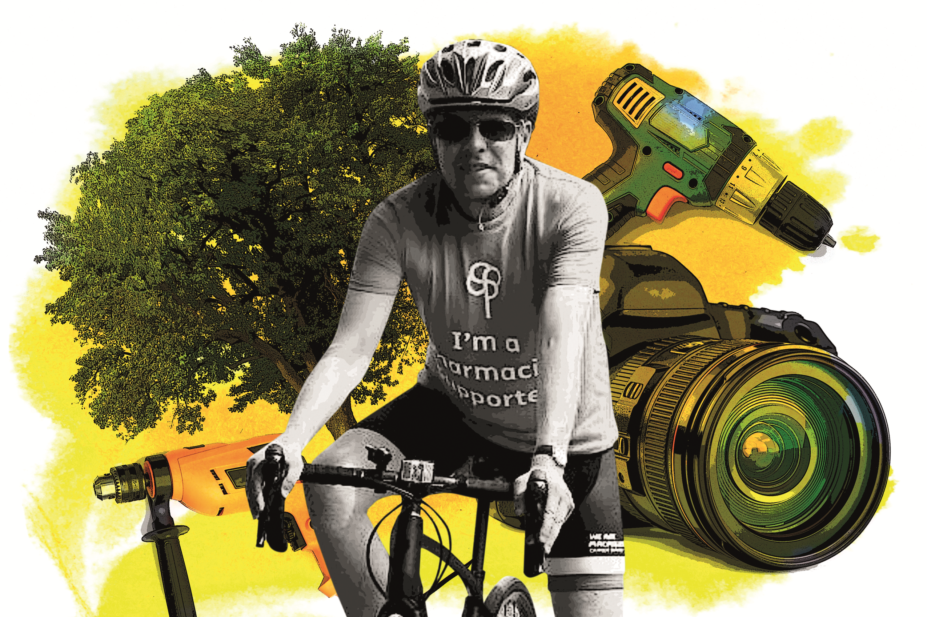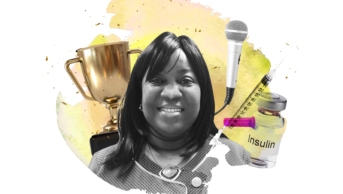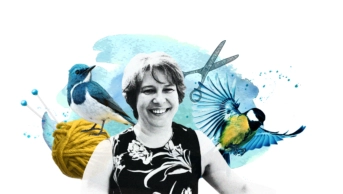
What do you enjoy most about working in primary care?
The freedom to work autonomously with the support of the multidisciplinary team to manage complexity and uncertainty — every day I see patients with difficult-to-manage conditions and morbidities, and it reminds me why I became a pharmacist.
What is the most challenging part of setting up a pharmacist-led primary care medicines optimisation service?
Influencing decision-makers and commissioners to consider the benefits pharmacy teams can bring to patients, relatives and the multidisciplinary team.
What would you be doing if you weren’t a pharmacist?
Tree surgeon — outdoors, climbing and power tools.
Outside of your job, when people come to you for help, what do they usually want help with?
Technology and photography.
Who has impressed you most with what they have accomplished?
Without a doubt, Stephen Hawking: to become the pre-eminent physicist of his time despite an unthinkably challenging disability — truly inspirational.
What are some things you have had to unlearn?
Sometimes perfection isn’t possible. Pragmatism doesn’t come naturally to pharmacists and scientists — we’re trained with precision and exactitude, which is rarely possible in the care of older people.
What is the most impressive thing you know how to do?
Reassure a dying patient and their family that we can help make their final days as full as possible without hospital admission. Helping patients stay at home in their last days, in familiar surroundings, with people they love.
What is something you will never do again?
Leave unchallenged a trainee or peer saying, “I’m only a pharmacist”.
What single innovation in pharmacy has made the most difference in your field?
Independent prescribing — a wonderful tool to improve my care of patients.
What personality trait do you value most and which do you dislike the most?
I value ‘can do’ people who aren’t afraid to fail and learn from mistakes, I dislike pessimism.
What’s the best piece of advice you have ever received?
My PhD supervisor said: “Whatever you do, be the expert in your field.” I have been told “pharmacists can’t do that” too many times. I’ve learned to ignore naysayers.
When people look at you, what do you think they see?
A short, balding, middle-aged guy who talks too much.
Where do you usually go when you have time off?
The great outdoors, on foot or on a bike.
What has been the highlight of your career?
Helping introduce and integrate the whole pharmacy team in general practice. From pharmacy students, preregistration trainees, integrated GP community posts and pharmacy technicians, skill mix is vital.
What can you not get right, no matter how many times you try?
Relaxing; I just can’t turn off.
What is your top tip for achieving an optimal work–life balance?
Learn to say no (do as I say, not as I do).
What is the biggest issue facing pharmacy teams working in primary care?
Truly and meaningfully integrating community pharmacy — the most primary of primary healthcare professionals.
If you could do it all over again, what would you change?
I would take time out to do volunteering overseas for a couple of years; I still hope to fit it in.
If you were a drug, what drug would you be and why?
A vaccine — prevention is always better than cure.
Know an interesting pharmacy professional?
Let us know if there is anyone you think The Pharmaceutical Journal should feature. Email angela.kam@rpharms.com with their name and contact details.


